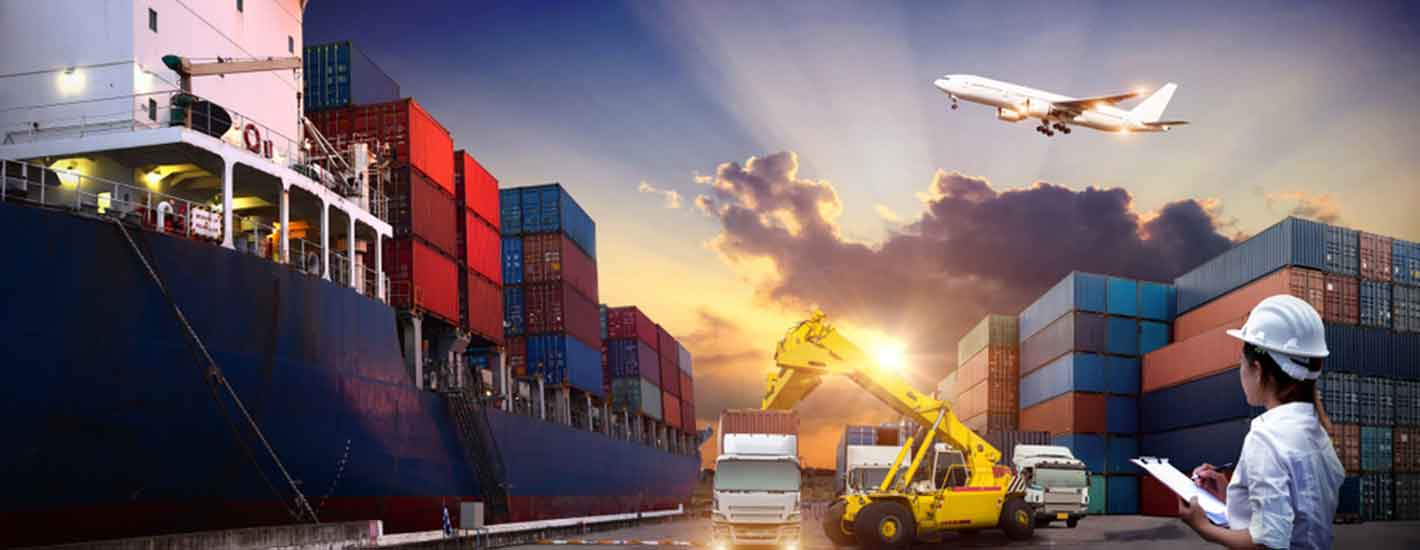
In the intricate world of international trade, freight forwarders are vital cogs in the wheel of global commerce. These agents play a crucial role in ensuring the smooth and efficient movement of goods across international borders. In this blog, we will explore the role and importance of freight forwarders in international trade, shedding light on how they facilitate global business transactions.
Freight forwarders are specialized agents who act on behalf of importers and exporters to organize the safe, efficient, and cost-effective transportation of goods. They are not typically responsible for physically moving the goods themselves but instead use their expertise to arrange various transportation services and navigate the complexities of international shipping.

Logistics Coordination: Freight forwarders handle logistical challenges involved in transporting goods from one point to another. This includes selecting and negotiating with carriers, arranging for transport, and scheduling shipments.
Documentation and Compliance: They manage vital documentation such as bills of lading, export and import documents, and customs clearance paperwork, ensuring compliance with domestic and international regulations.
Insurance and Risk Management: Freight forwarders provide or arrange insurance services to protect the value of the goods against loss or damage during transit. They also advise on risk management strategies.
Supply Chain Consultation: Offering expert advice on optimizing supply chains, freight forwarders help businesses strategize to minimize costs and maximize efficiency.
Facilitating Global Trade: Freight forwarders are crucial in bridging gaps between buyers and sellers in different countries, enabling seamless international trade.
Navigating Complex Regulations: With trade laws and regulations constantly evolving, freight forwarders stay abreast of these changes, ensuring shipments comply with all legal requirements.
Cost-Effectiveness: Their expertise and network help in negotiating better rates and finding the most economical routes and modes of transport.
Problem-Solving: Freight forwarders are adept at handling unforeseen issues such as delays, rerouting, or paperwork errors, ensuring minimal disruption to the supply chain.
Freight forwarders are indispensable in international trade, offering invaluable expertise and services that facilitate the smooth flow of goods across borders. Their role in navigating the complexities of global logistics, from compliance and documentation to cost management and logistical coordination, cannot be overstated. As global trade continues to grow and evolve, the demand for skilled and efficient freight forwarding services will only increase, further highlighting their critical role in the world economy.

Wing Shipping offers various logisticssolutions for Chinese exports, including air,sea, and rail freight. We promote tradebetween China and the world, contributingto the development of your business.
Wing Shipping offers various logistics solutions for Chinese exports, including air, sea, and rail freight. We promote trade between China and the world, contributing to the development of your business.
Copyright 2024 Wing-Shipping. All Rights Reserved.